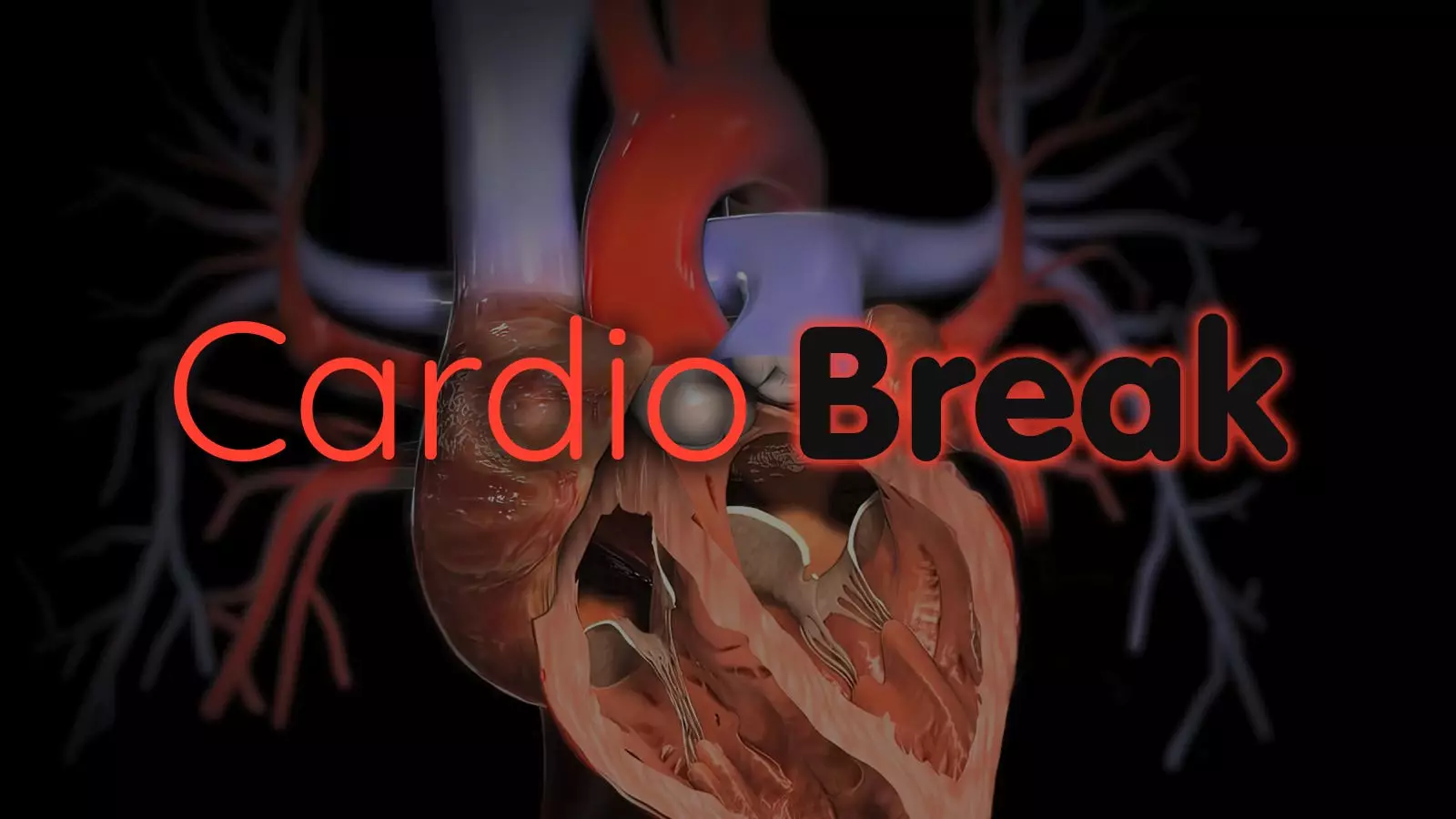Recent Mendelian randomization research has brought into question the long-held belief that red and processed meats can lead to cardiovascular disease and type 2 diabetes. The findings of this study, published in the European Journal of Preventive Cardiology, suggest a need for further investigation and reevaluation of dietary recommendations.
Support for the HEARTS Act
The American Heart Association has shown its support for the HEARTS Act, which recently passed a unanimous vote in the House Energy and Commerce Committee. This act aims to improve access to life-saving automated external defibrillators (AEDs) by facilitating drone-delivered AEDs. However, concerns have been raised about the effectiveness of bystanders in utilizing these devices, as indicated by a low chest compression fraction in mock CPR drills. (Circulation: Cardiovascular Quality and Outcomes)
Potential Poor Outcomes for Some Patients
Surprisingly, some individuals with chest pain and known coronary artery disease may experience poor outcomes even after being ruled out by the American College of Cardiology Expert Consensus Decision Pathway for chest pain. This revelation, published in the Journal of the American College of Cardiology, highlights the need for better risk assessment and management strategies for these patients.
Validating OCT-Derived Virtual Flow Reserve
A promising development in predicting invasive fractional flow reserve (FFR) in intermediate coronary artery stenoses has been the validation of Optical coherence tomography (OCT)-derived virtual flow reserve. Published in Circulation: Cardiovascular Interventions, this study underscores the potential of non-invasive imaging techniques to enhance the assessment of coronary artery disease.
Optimizing Antiplatelet Therapy Post-PCI
Research published in JAMA Cardiology suggests a strategy of a short dual antiplatelet therapy window followed by ticagrelor (Brilinta) monotherapy after percutaneous coronary intervention. However, the same level of confidence could not be attributed to clopidogrel (Plavix) monotherapy, indicating the need for further investigation and refinement of antiplatelet therapy protocols.
Interestingly, prior transcatheter aortic valve replacement did not correlate with an increase in subsequent coronary revascularizations. However, data regarding in-hospital mortality in acute myocardial infarction were inconsistent, pointing towards the complexity of these relationships. This analysis was reported in JACC: Cardiovascular Interventions.
Cardiac Inflammation in COVID-19 Patients
Recent findings published in Circulation suggest that COVID-19 patients with viral acute respiratory distress syndrome may experience cardiac inflammation that can damage the heart, even without direct viral infection. These insights have significant implications for the management of COVID-19 patients and the long-term effects of the disease on cardiovascular health.
Lipid Consequences of Physical Inactivity
Research highlighted by the American Society of Biochemistry and Molecular Biology indicates that the negative lipid consequences of prolonged physical inactivity may vary depending on age. This underscores the importance of maintaining an active lifestyle across all age groups to preserve cardiovascular health.
Exciting advancements in artificial intelligence have enabled the training of algorithms to detect structural abnormalities suggestive of heart failure from chest x-rays alone. This breakthrough, reported in the European Heart Journal, has the potential to revolutionize the early detection and management of heart conditions through non-invasive imaging techniques.
A decision model has been developed to identify couples who would benefit the most from preimplantation genetic testing for inherited cardiac diseases in their offspring. This research, published in Circulation: Genomic and Precision Medicine, highlights the importance of personalized medicine approaches in mitigating inherited cardiac risks in future generations.
Revealing a personal health journey, actor and former California Gov. Arnold Schwarzenegger announced his recovery from pacemaker implant surgery. This procedure was necessitated by an arrhythmia resulting from a prior heart valve surgery, shedding light on the importance of ongoing cardiac monitoring and interventions for individuals with heart conditions. (People)
Sustainability Measures in Interventional Imaging
Finally, an intriguing proposal suggests turning off idle-running interventional imaging systems overnight and on weekends to reduce carbon emissions and electricity costs. This initiative holds the potential to contribute to environmental sustainability in healthcare settings while optimizing resource utilization.


Leave a Reply